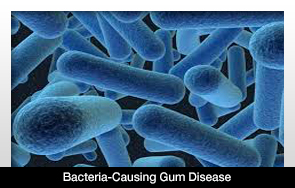 |
Residents of Kentucky want to change the way they’re perceived. They don’t want to be judged specifically on what their smile looks like.
That’s why the state implemented a law that forces children to have proof of a dental screening or examination by the time they enter school. The law took effect this year but was passed in 2008.
About 42 percent of Kentucky children from ages 2 to 4 have some kind of tooth decay that hasn’t been treated. That’s why the state government decided it needed to create the law.
Kentucky’s dental problems don’t end there, however. The state has one of the highest rates of toothlessness and had the worst rate in 2002. The rate has since improved, but it can improve even more.
The University of Louisville is providing free dental treatment right now to help the children beginning school to abide by the law. This treatment is not the complete screening and focuses on low-income families.
The entire process takes around 10 minutes. More important than the treatment may be the education that is provided to the children about the proper ways to maintain good dental hygiene.
Some people think the maintenance of baby teeth is not important. But if a child’s teeth are hurting, the problem could impact everything from eating habits to the child’s weight.
If a child’s untreated problems, such as cavities, remain without any care, it may also affect behavior. These children may have trouble paying attention in school because of the pain they’re in or because the pain prevents them from getting good sleep.
Kentucky’s new law is a necessary step, but parents need to worry about their child’s dental care way before the child starts school. The American Academy of Pediatric Dentistry says a child should have his or her first dental visit by the time he or she is 1. The child should then see a dentist once every six months—adults should visit yearly.
A simple step for parents is limiting the amount of acid and sugar their child consumes. These substances can damage the enamel.
Even though these steps were necessary in Kentucky, other states may determine this process makes sense to ensure solid dental health in the United States.
 |










